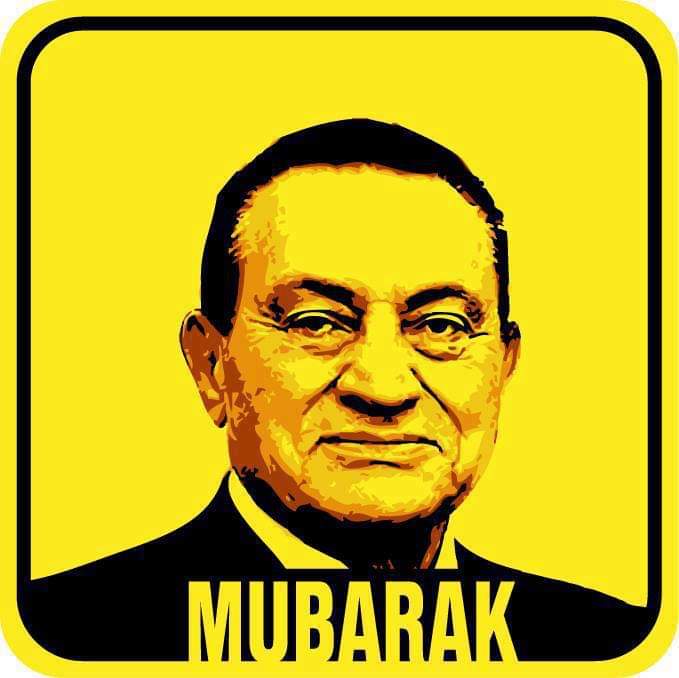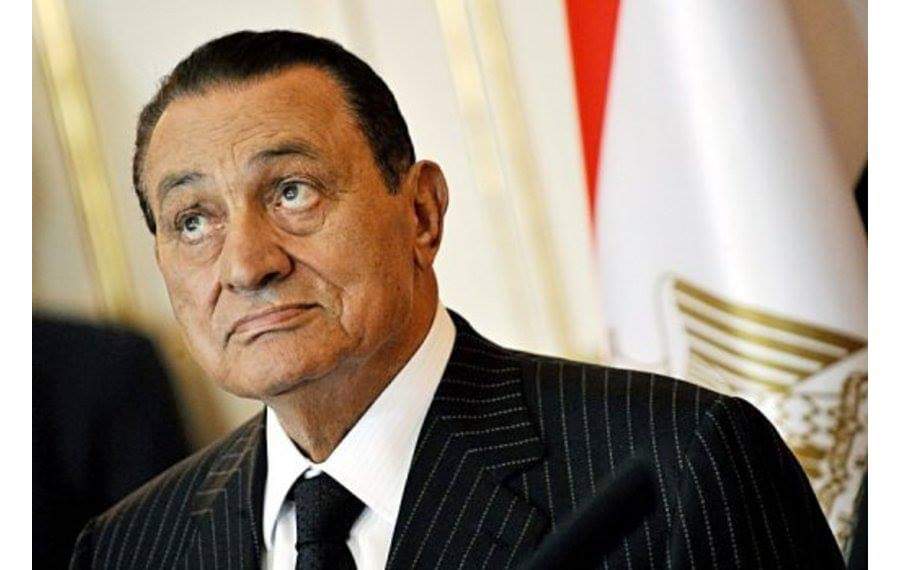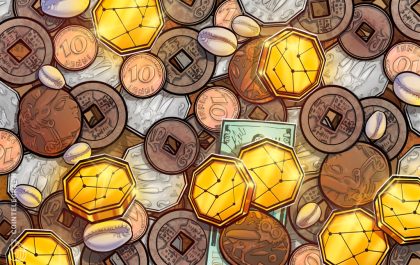-Ahmed Aboudouh | @AAboudouh
As culled from Ahmed, Hosni Mubarak’s death marks the end of political pragmatism for Egypt and the Middle East.
The former Egyptian president was hesitant in every aspect of politics. He squandered historic opportunities to elevate his nation from poverty, corruption and suppression
As a participant in the Tahrir Square uprising, former Egyptian president Hosni Mubarak’s death leaves me with mixed feelings. For all Egyptians, he was once the father figure – the Pharaoh and the state. For the region, he was symbol of moderation and stability. His death today marks the end of political pragmatism in the Middle East, in favor of ideological hot-headed younger rulers who risk their countries’ future in pursuit of personal political success. But his poor leadership cost my country dearly.

Mubarak’s era started in 1981 with a devastating trauma. He was sitting next to President Anwar Sadat when Islamist military officers assassinated him during a military parade in Cairo. The shock may have defined Mubarak’s political style. Over three decades at the helm of the largest Arab nation, the uncharismatic military officer turned president operated in a perma-cycle of patience, balance and stagnation. He became an order-obeying bureacrat, not a leader; he dampened the national spirit by maintaining martial law, allowing the detention of civilians without warrants and trying them in front of military courts.
Mubarak was hesitant in every aspect of politics: thinking, decision making and action. His limited ability to quickly grasp the radical shifts taking place on both domestic and foreign fronts meant he squandered historic opportunities to elevate his nation from poverty, corruption and suppression. No other ruler has ever enjoyed such peace and stability that Egypt enjoyed during his 30 years reign. And yet the economy was rotten with corruption, political freedom was crushed and, on foriegn policy, he set off down a path of complete subordination to the US.
After playing a central role in building peace with Israel, he led the “Arab moderation” camp, which became the keystone of US influence in the region and would later facilitate the Arab rapprochement with Israel.
In the 1990 First Gulf War, Mubarak proved his worth by playing a central role in driving Saddam Hussein out of Kuwait and, together with his allied Gulf States, issued the Arab insurance policy for the Western military presence in the region. His policy gained him respect in the West but made him many enemies in Egypt and the wider Middle East.
He was seen, especially in Washington and London (from Regan to Clinton, and from Thatcher to Gordon Brown) as ballast against erratic strongmen in Syria and Iraq, a force of secularism and a reliable Arab leader capable of deploying Egypt’s weight to keep order in an ever-volatile region. But as Mubarak got older, Egypt’s influence diminished. He oversaw the shift in power away from Egypt, and the rise of the oil-rich Gulf countries under the auspices of the US. By the end of the century’s first decade, Egypt had become the sick man of the Middle East.
Lacking intellect or a clear vision as a leader, Mubarak failed to recognise the knock-on effects of his conservative social policies. His government maintained a decaying economy of subsidization; the wealth distribution completely broke down. Although he managed to attract some foreign investment, the economic structural flaws blocked the funneling of benefits to the half of Egyptians who lived on $2 a day or less. Mubarak’s Egypt was a place where the rich managed to live in a parallel world of private schools, lavish compounds in the outskirts of Cairo, leaving the crumbling old city to the poor.
Although unable to adopt any serious reforms to the economy, he managed to keep the balance between its two ends: the military and the business oligarchy.
It was these oligarchs around whom Mubarak’s younger son Gamal’s aspirations to become president were consolidated. The ambitious Youngman, encouraged by his mother Suzan, got himself surrounded by the circle of the “new guard”, a group of westernised young businessmen with a vision of modernizing the country. But instead of inciting reform, they harvested the industrial-scale corruption already gnawing the Egyptian bureaucracy. In their war with the Mubarak’s older aids – known as the “old guard” – they annihilated any chance of maintaining a link between Mubarak and his People.
His indifference towards, and underestimation of, the public anger was so blunt in his blunder statement “Let them have some fun” which ignited the fury in the country’s every corner. The famous statement was referring to a parallel parliament set up by the opposition following the flagrant rigging of the parliamentary election of 2010, which passed more than 90 per cent of the parliament seats to the ruling National Democratic Party. Days after, the biggest popular uprising in Egypt’s modern history would force him out of office, and create the ripple effect of the “Arab Spring” throughout the Middle East.
Barak Obama’s call for Mubarak to step down rocked the whole region and destroyed any trust among the Arab rulers in America. It created a contentious point in the Arab-American relations that will last for decades to come.
As Mubarak’s ship sank, the Arab world stepped in a new epoch of blood and tears and a new level of brutal authoratarianism. He lived long to see the rise and decline of his Islamists archenemies and the obliteration of many Arab cities – but not long enough to see people’s dreams that he squandered come true.
Related posts
Global | Didi Angaye Earns A Distinction Award, Another Feather To The Cap
On a bright sunny day, in the month of July, 2024, the prestigious Staffordshire University located in the West Midlands of England organised its Award giving and Graduation ceremony to honour graduates of various educational programmes and courses which it offers. Didi Timipah Angaye,…
Olu Of Warri Bags Award In UK, Wife Advocates Return To Cultural Values
The Olu of Warri, Ogiame Atuwatse III, has received the Leadership and Community Development award at the 14th African Achievers Awards (AAA), which took place at the Parliament House, United Kingdom. The award was presented by a member of the House of Lords, London, Rt…
Brit Awards | Asake, Burna Boy And Other ‘New Cats’ Get Nominations
Nigerian singers Burna Boy, Asake, and Rema have been nominated for the 2024 Brit Awards. The nomination list for the annual music awards show was released on Wednesday 25, January 2024. Burna Boy and Asake made the ‘Best International Artiste’ category, while ‘Calm…
Brit Awards 2024 | The Full List Of Artist(e)s
This year’s Brits nominees have been revealed ahead of the ceremony in London in March. Dua Lipa is the first star confirmed to perform at the event – but how many awards is she up for? Musicians including Raye, Central Cee, J Hus and Blur are also…
Top 10 Cryptocurrencies To Invest in January 2024
-Michael Adams From Bitcoin and Ethereum to Dogecoin and Tether, there are thousands of different cryptocurrencies, making it overwhelming when you’re first getting started in the world of crypto. To help you get your bearings, these are the top 10 cryptocurrencies based on their market…
The Risk And Reward Of ChatGPT In Cybersecurity
Juan is an experienced CTO with a demonstrated history of working in the computer and network security industry. He is an information technology professional skilled in SAP and Oracle applications, computer forensics, vulnerabilities research, IPS/IDS and information security. Unless you’ve been on a retreat in…
Explained – History Of Money From Fiat To Crypto
What is money? Money as a concept has been a cornerstone of human civilization and economic development. To start with the latter, money is a method of storing value and worth, and it also functions as a medium of exchange that allows individuals to exchange…
Studies Show That Nigerian Crypto Foreign Investment Is At A Record Low
Foreign direct investment in Nigeria fell by 33% last year due to a severe shortage of dollars, which discouraged crypto companies from expanding into the country. The largest economy in Africa has a foreign investment problem despite exponential growth in crypto adoption. The National Bureau…












